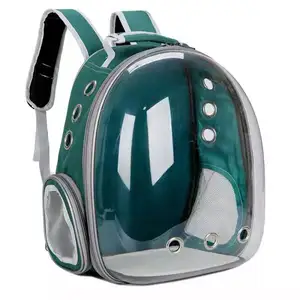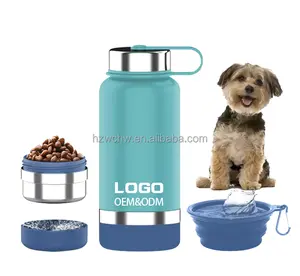Phổ biến trong ngành của bạn






Chai Thủy Tinh Tuyến Tính Tự Động Hoàn Toàn Bình Rót Tràn Áp Suất Rượu Mạnh Máy Rót Chai Rượu Vodka Rượu Mạnh
7.100,00 US$ - 7.500,00 US$
Đơn hàng tối thiểu: 1 Bộ







Kariss nhà máy bán chai nước tự động thu nhỏ máy bao bì cho chai/hộp gói Giá máy
1.000,00 US$ - 4.999,00 US$
Đơn hàng tối thiểu: 1 Bộ







Nhà Sản Xuất SKILT Máy Dán Nhãn Tốc Độ Cao Cho Chai Pet Chai Thủy Tinh Quấn Quanh
3.999,00 US$ - 5.690,00 US$
Đơn hàng tối thiểu: 1 Bộ







LS-B20L bán tự động 5L đến 22L 3 5 gallon pet chai thổi máy 120bph 5 gallon pet chai làm Máy Nhà Máy Giá
7.000,00 US$ - 7.500,00 US$
Đơn hàng tối thiểu: 1 Bộ

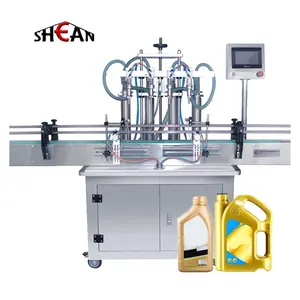





Tự động đầu 4/6 dầu Nước trái cây sữa chai nhựa lỏng chai điền đóng nắp máy đóng gói
3.500,00 US$
Đơn hàng tối thiểu: 1 Bộ







Loại mới chai nhựa nhãn Remover Peeler Máy pet chai delabeling Máy Nhà Máy Giá
3.250,00 US$ - 11.900,00 US$
Đơn hàng tối thiểu: 1 Bộ


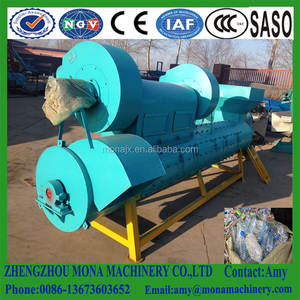



Máy Gỡ Nhãn Chai PET | Máy Lột Nhãn Chai Pet | Máy Bóc Nhãn Chai Nhựa Giá Máy
3.190,00 US$ - 4.980,00 US$
Đơn hàng tối thiểu: 1 Bộ












Giá tốt nhất Thiên Nga chai PET Flakes tái chế và delabeling máy
52.000,00 US$
Đơn hàng tối thiểu: 1 Bộ






Nhà máy sản xuất chất thải Chai PET Flakes rửa nhựa tái chế máy để bán
90.000,00 US$ - 100.000,00 US$
Đơn hàng tối thiểu: 1 Bộ
Vận chuyển mỗi chiếc: 26,54 US$
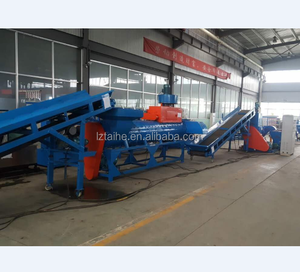
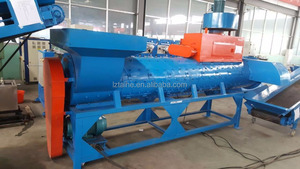




Chai nhựa PET delabelling nghiền và dòng giặt, PET tái chế dòng
2.000,00 US$ - 30.000,00 US$
Đơn hàng tối thiểu: 1 Bộ






Nhà Sản Xuất Tùy Chỉnh Giảm Tiếng Ồn Chai Pet Giỏ Trái Cây Vật Liệu Nhựa Máy Nghiền Cho Ngành Công Nghiệp Nhựa
1.580,00 US$ - 2.919,00 US$
Đơn hàng tối thiểu: 1 Cái
Vận chuyển mỗi chiếc: 27.660,00 US$
Các tìm kiếm liên quan:
tự động pet chai unscrambling máychai unscramble máybottel làm cho máymáy đầm chai pet tự độngsản phẩm mới pet chai unscramblingtự động unscramble máy cho chai petpet chai tròn unscrambling máypet chai unscrambling máypet chai unscramble máychai tròn unscramble máychai unscramble máymáy đóng gói chai nhựatự động chai exturder máytự động unscrambling chai máytự động gói rỗng pet chai máy






Dây chuyền sản xuất chai PET nhãn Máy lột/chai PET nhãn Remover delabeling máy
3.250,00 US$ - 11.900,00 US$
Đơn hàng tối thiểu: 1 Bộ






Túi Màng Nhựa PP PE Tái Chế Chất Thải Tự Động Máy Rửa Nhà Máy Viên Tái Chế
6.190,00 US$
Đơn hàng tối thiểu: 1 Bộ






Chất thải nhựa chai phế liệu nghiền Pet Flakes tái chế máy giặt
90.000,00 US$ - 100.000,00 US$
Đơn hàng tối thiểu: 1 Bộ
Vận chuyển mỗi chiếc: 26,54 US$






Máy Tháo Nhãn Chai Khoáng Nhỏ Dễ Vận Hành Và Được Trang Bị Tốt Nhất
6.190,00 US$
Đơn hàng tối thiểu: 1 Bộ






Công suất cao delabeling Loại bỏ máy cho chai PET tái chế dòng rửa
3.250,00 US$ - 11.900,00 US$
Đơn hàng tối thiểu: 1 Bộ






Chai nhựa nghiền máy giặt Chai PET Polyester nhà máy tái chế
90.000,00 US$ - 100.000,00 US$
Đơn hàng tối thiểu: 1 Bộ
Vận chuyển mỗi chiếc: 26,52 US$






Máy Tái Chế Chai Nhựa Pet Chất Thải 2000 Kg/giờ Máy Tháo/Tháo Nhãn
6.190,00 US$
Đơn hàng tối thiểu: 1 Bộ






Chất thải chai nhựa nghiền máy giặt khô máy Pet Flakes rửa tái chế dòng
90.000,00 US$ - 100.000,00 US$
Đơn hàng tối thiểu: 1 Bộ
Vận chuyển mỗi chiếc: 26,54 US$






Giảm Giá Mạnh Máy Tái Chế Nhựa Thải Nhà Máy Hồ Bắc Máy Tẩy Nhãn PET
6.190,00 US$
Đơn hàng tối thiểu: 1 Bộ






Chai PET Máy tái chế nhựa PET rửa khô dòng thực vật
90.000,00 US$ - 100.000,00 US$
Đơn hàng tối thiểu: 1 Bộ
Vận chuyển mỗi chiếc: 26,54 US$


















Máy Loại Bỏ Nhãn Chai PET Chi Phí Nóng Năm Mới Cho Máy Tái Chế Giặt Khô Chai PET PP PE Chất Thải 110
6.190,00 US$
Đơn hàng tối thiểu: 1 Bộ






Máy Gỡ Nhãn 1000 Kg/giờ Máy Tách Nhãn Chai Nhựa PET Hdpe Máy Gỡ Bỏ Máy Tái Chế
6.090,00 US$ - 6.190,00 US$
Đơn hàng tối thiểu: 1 Bộ






Máy Tháo Nhãn Chai Nhựa PET HDPE Máy Tách Nhãn Theo Yêu Cầu Bao Gồm Hệ Thống Phân Loại Không Khí Zig Zag Chai Tròn Phẳng
6.190,00 US$
Đơn hàng tối thiểu: 1 Bộ
Các danh mục hàng đầu
Giới thiệu về pet chai delabelling máy
Alibaba.com cung cấp các sản phẩm 27 pet chai delabelling máy. Có rất nhiều pet chai delabelling máy lựa chọn dành cho bạn, chẳng hạn như pakistan, thái lan, và ai cập. Bạn cũng có thể chọn từ plc, động cơ, và mang pet chai delabelling máy. Cũng như từ nhà máy sản xuất, thực phẩm cửa hàng, và máy móc cửa hàng sửa chữa pet chai delabelling máy.Và bất kể pet chai delabelling máy là tự động, dễ dàng để hoạt động, hay năng suất cao.
